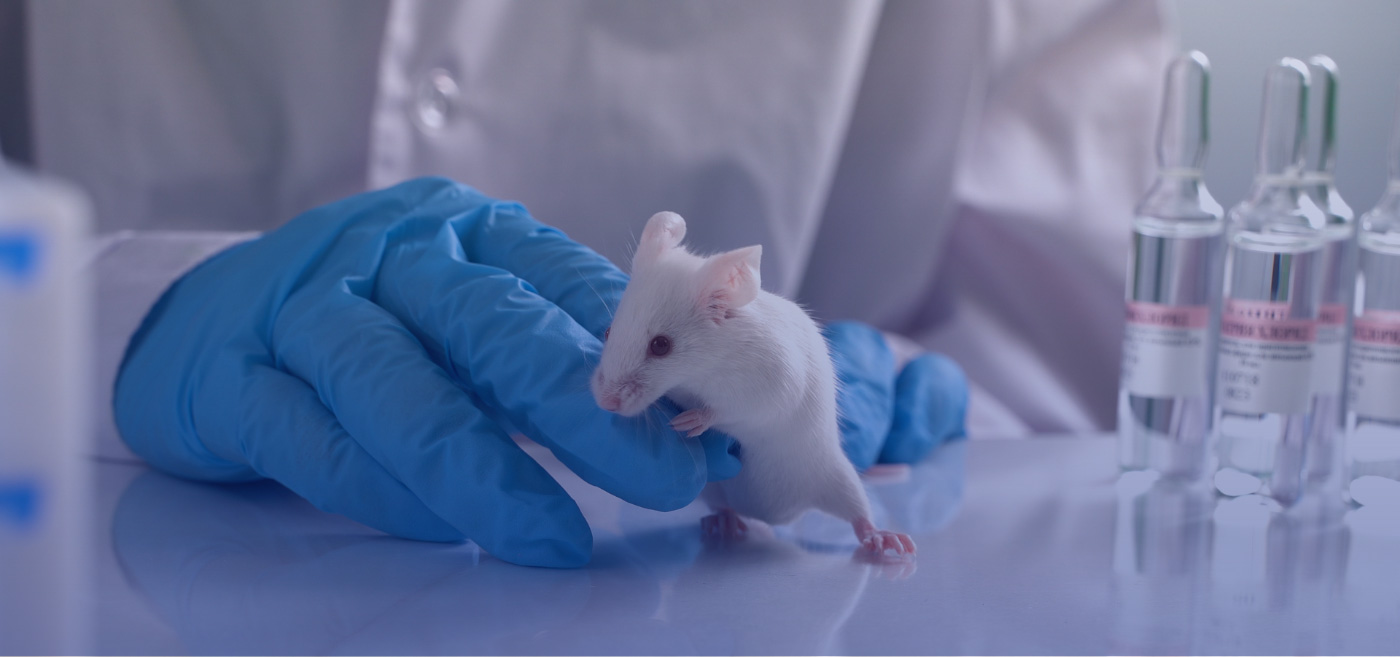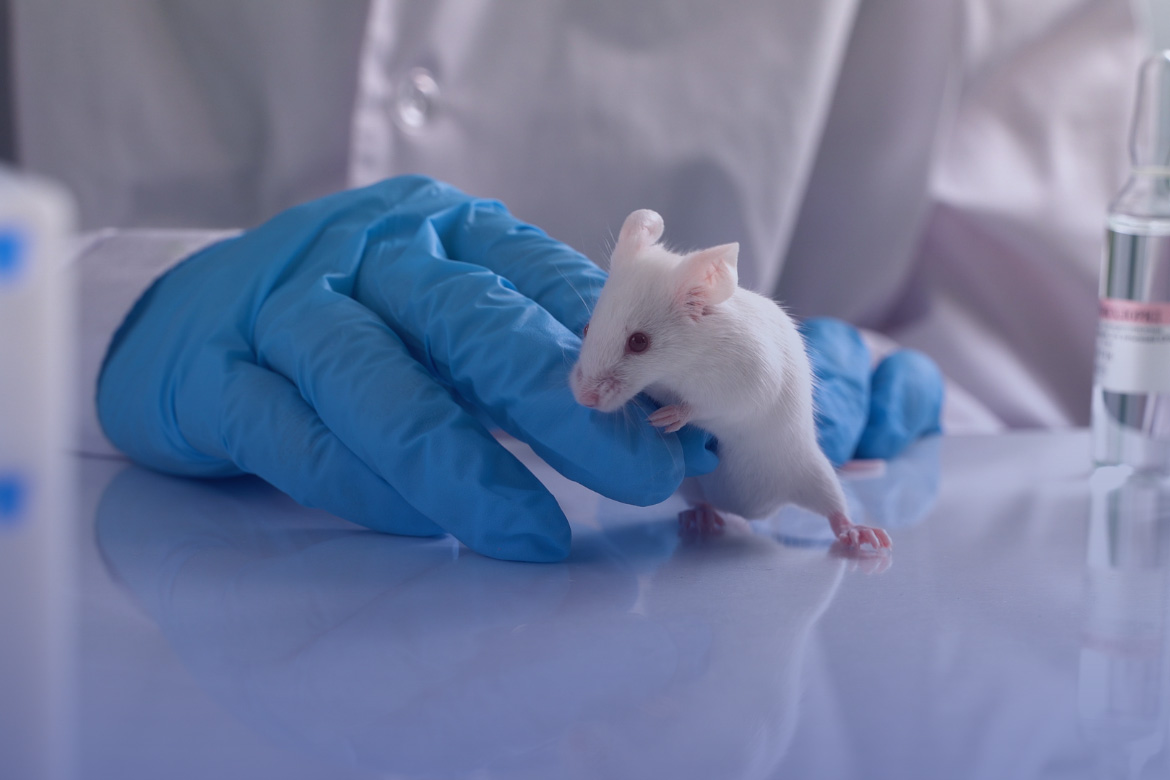Overview of In Vitro ADME Services
In vitro ADME (absorption, distribution, metabolism, and excretion) studies play an important role in the drug discovery process. These tests focus on the target drug’s pharmacokinetic (PK) properties, illustrating how that drug might perform in a real-world scenario. We conduct in vitro ADME using a range of laboratory models to replicate the biological conditions of the human body.
In vitro ADME testing gives pharmaceutical manufacturers insight into a drug’s efficacy and safety before moving to clinical trials. These tests provide a range of helpful data to inform the drug’s design improvements and path to market.
Physicochemical Properties
Our ADME tests assess a variety of physicochemical properties to illustrate how the drug interacts with the body. For example, these tests can help you determine a drug’s bioavailability levels, whether it is water- or fat-soluble, and how it reacts in specific chemical conditions.
Kinetic and thermodynamic solubility
LogD
pKa
Chemical stability
Metabolic Stability and Reaction Phenotyping
We use cutting-edge technologies to test how drugs are metabolized and how they react with other compounds. These tests can help predict possible reactions with other drugs and optimize dosing regimens.
Hepatocyte stability
Liver microsomal stability
Recombinant CYP450 stability
Liver S9 fraction stability
Intestine microsomal stability
Plasma stability
Blood stability
CYP450 reaction phenotyping (rhCYP and chemical inhibition)
UGT reaction phenotyping (rhUGT and chemical inhibition)
Permeability Measurement and Transporter Studies
ADME permeability tests assess how well a drug is transported, absorbed, and eliminated from the body. These studies focus on the ways drugs cross cellular membranes, using assays like Caco-2 and transporter panels to accurately predict permeability.
PAMPA
Caco-2 cells
MDR1-MDCK cells
P-gp/Caco-2 cells
BCRP/Caco-2 cells
MDR1-MDCK cells
OATP1B1, OATP1B3, OAT1, OAT3, OCT1, OCT2, MATE1, MATE2K/HEK293 cells
Distribution
Our in vitro ADME distribution tests explore how drugs move through the body once they have been absorbed. These tests are key for measuring a drug’s efficacy and predicting possible side effects.
Plasma protein binding
Microsomal protein binding
Tissue protein binding
Blood to plasma ratio (Cb/Cp)
Red blood cell to plasma partition (CRBC/Cp)
Drug-drug Interactions
Drug reactions can be very dangerous for patients. Our interaction studies evaluate enzyme inhibition, induction, and other factors to ensure that the target drug can be used safely with other medications.
CYP450 inhibition (inhibition% or IC50)
CYP450 time dependent inhibition (inhibition% or IC50 shift)
CYP450 induction using cryo-preserved hepatocytes (human, rat, mouse)
Metabolite Identification and Profiling
Metabolites are small molecules produced or used as byproducts as a drug passes through the body. These ADME tests identify metabolites associated with each drug, which is an important component of safety and efficacy testing.
Metabolite identification in liver microsomes and other in vitro metabolic reaction systems
Metabolite identification in plasma and other fluids or tissues from PK or TK studies
Reactive metabolite GSH trapping
Metabolite production, isolation, purification and structure determination via in vitro or in vivo metabolic reaction systems
Turnaround Time
Turnaround times are typically 5 working days, except for cell-based assays (10 days), metabolite identification and uptake transporter studies (10 days), whole blood assays (10-15 days), and CYP450 induction studies (15 days)
Why Choose BioDuro-Sundia for In Vitro ADME Services?
BioDuro-Sundia uses state-of-the-art technology to conduct in vitro studies in drug discovery for clients globally. Pharmaceutical manufacturers can choose from a wide variety of possible models for detailed and accurate results. Our team of experienced scientists will help you select the most appropriate studies for your drug candidates based on your development goals.
Our ADME studies are fully compliant with pharmaceutical regulations in the US and China. We prioritize safety, accuracy, and efficiency in our processes, offering rapid turnaround times for drug developers without sacrificing quality. We offer comprehensive drug discovery, development, and manufacturing services and can work with you from the early stages all the way until your drug hits the market.
Contact Us
Ready to get started? Contact the BioDuro-Sundia team today to begin your in vitro ADME studies. We’re here to help you select appropriate tests for your upcoming drug development needs.
Click here or email us at hello@bioduro-sundia.com to get in contact with a BioDuro representative and discuss your DMPK-related needs. You can also download the PDF version of our DMPK Services Flyer here. Read more about our
DMPK Services:
in vivo PK/TK,
Toxicology and
Bioanalytical of both small and large molecules.
Q&A
What is in vitro ADME testing?
In vitro ADME testing focuses on four key drug characteristics: absorption, distribution, metabolism, and excretion. This approach uses a variety of laboratory testing models to replicate specific biological conditions. By conducting these tests, pharmaceutical companies learn how drugs spread and pass through barriers within the body, as well as how the drug is broken down and eliminated.
What assays are utilized for in vitro ADME testing at BioDuro-Sundia?
BioDuro-Sundia offers a wide selection of assays to assess ADME properties. These include PAMPA, Caco-2, protein binding, liver microsomes, CPY450 and UGT enzyme testing, and drug interaction transporter studies.
How does in vitro ADME testing aid drug developers?
In vitro ADME testing provides critical early insights into a drug’s characteristics, safety, and efficacy. This valuable data helps drug development companies create high-quality products that meet regulatory compliance standards. This information also helps manufacturers improve the drug’s design and designate appropriate doses.
What are in vitro ADME studies and why are they important in drug discovery?
In vitro ADME studies provide detailed information about a drug’s pharmacokinetic properties early in the development process, prior to the start of clinical trials. These studies are conducted without the need for human or animal testing and can help pharmaceutical companies determine whether a drug is viable in the long term.
How do BioDuro-Sundia’s in vitro ADME services integrate with overall drug development strategies?
In vitro ADME services are just one component of the drug development process. At BioDuro-Sundia, our ADME services are integrated into broader drug development, helping you make informed decisions about a drug’s design and composition before moving forward to clinical trials and manufacturing.
What makes BioDuro-Sundia’s in vitro ADME services stand out from competitors?
At BioDuro-Sundia, our expansive testing capabilities and state-of-the-art technology allow us to provide personalized, tailored services to each client. We maintain a deep commitment to safety and compliance and work efficiently to offer rapid turnaround times for clients.



